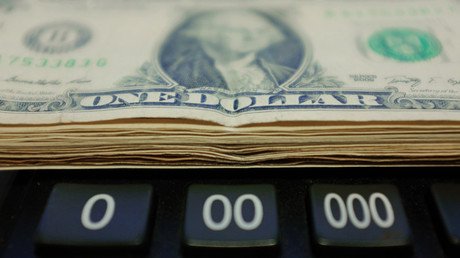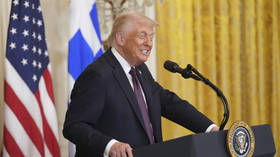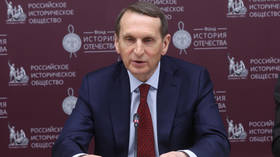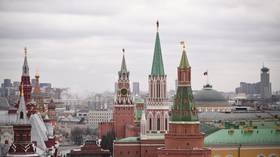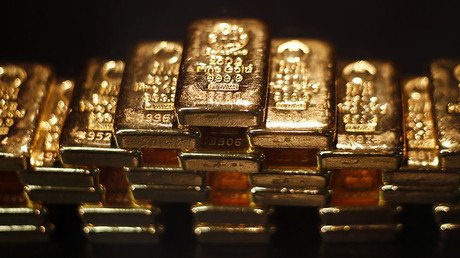Emerging economies stockpiling gold in expectation of US dollar banking system collapse – analysts
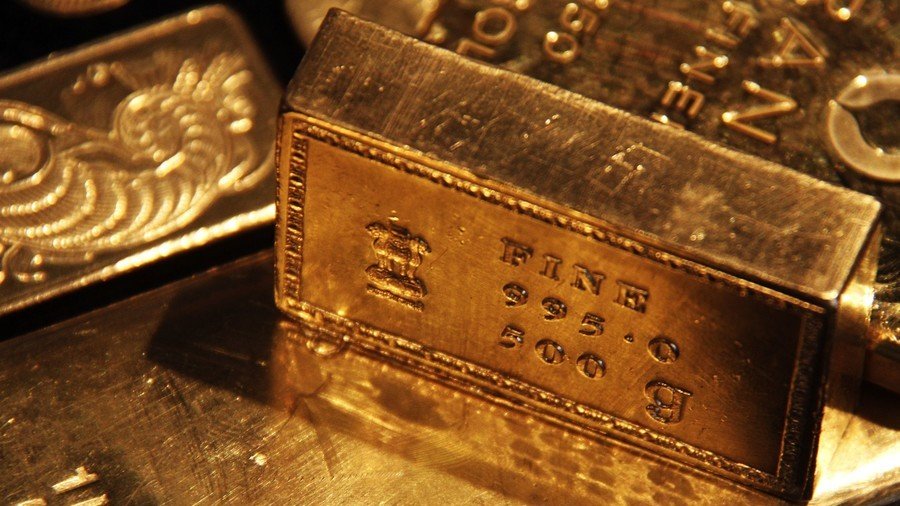
Countries around the world are turning to gold as uncertainty about the global economy rises. Trade wars and the aggressive policies of the United States are making emerging economies withdraw from dollar assets, analysts told RT.
“In the near future we can witness a big change in the rules of the game. At the beginning of the year, developing countries were the first to feel investor panic. If a crisis in Latin America and South Asia doesn’t surprise anybody, now is the time to worry about the largest economies of the world,” Mikhail Mashchenko, an analyst at the social network for investors eToro in Russia and CIS told RT.
“The aggressive US policy in recent years has forced some countries to look for an alternative to the dollar and replenish their gold reserves. Worries about the future growth of global economy are an additional incentive for purchases. Many question Donald Trump’s protectionism,” the analyst added.
There are signs that the global financial system dominated by the US dollar could collapse, says financial institute FinIst analyst Denis Lisitsyn. These signs include the uncontrolled emission of money from different countries, an increase in US interest rates, trade wars, the rapid rise in energy prices, geopolitical tensions in Syria, Iraq, the war in Yemen, he says.
“Many countries are buying gold in advance. They understand that paper money is constantly eaten up by inflation, equities will sharply fall in price in case of a crisis, and foreign deposits can be arrested, confiscated or frozen,” he said.
Hungary, Poland, Russia, China, India, Turkey, Saudi Arabia are all hoarding gold, notes Vladimir Rozhankovsky, LIFA, expert at the International Financial Center.
“There are few alternatives to the US Treasury bonds in terms of volumes and market liquidity, but more prudent countries want to boost their reserves. Gold is, in fact, the only alternative. Even for those who do not believe in it,” he said.
Under such conditions, many central banks view gold as a traditional safe haven that allows them to ensure against possible turbulence in the markets, says Mark Goihman, leading analyst at TeleTrade. “After all, gold usually grows in price during periods of crises, and it can serve as additional support for the national currency. Many countries, in particular, China and Russia, turn to gold in opposition to dependence from the domination of the dollar. They are reducing dollar assets in their reserves,” he said.
Not only China and Russia are into gold, notes FinIst’s Lisitsyn. Germany has repatriated more than 300 tons of gold, and the Netherlands returned about 100 tons of bullion. Turkey bought 187 tons of gold last year, and has repatriated gold from the US Federal Reserve.
Iran also used gold to stabilize their economy. “Iran was forced to switch to gold payments. Weak economy and soaring inflation forced Tehran to throw gold money into the domestic market. After that, the economy stabilized, and the currency strengthened,” Lisitsyn said.
“Many neighboring countries, such as Turkey, also benefited from gold settlements with Iran. Turkey got a positive trade balance and saw the lira stabilize,” he concluded.
For more stories on economy & finance visit RT's business section

